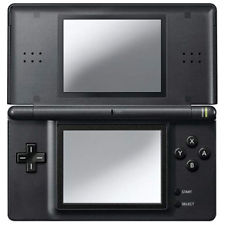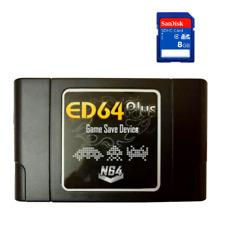|
February 22nd, 2007, 21:11 Posted By: gunntims0103
news via forbes
All work and some play made for a sparkling outlook at Analog Devices.
The hi-tech device maker said that its MEMs division helped January orders that poise the company for a solid second quarter. Its MEMs, or microelectrical mechanical systems, have expanded recently from the graver role of crash sensors in cars, to more lively uses like sensors in Nintendo (other-otc: NTDOY - news - people ) Wii controllers.
Shares of Analog Devices (nyse: ADI - news - people ) rose $3.02, or 9.0%, to $36.34 in afternoon trading.
Craig Ellis, an analyst at Citigroup, upgraded Analog Devices stock to "buy" and said in a client note that its MEMs business probably grew by 23.5% last year. He expects that scale of expansion to persist this year.
Ellis said Analog's MEMs division has often been overlooked because its margins are tighter than the company's other products, such as amplifiers and converters, but "that could change if ADI can successfully move beyond its dominant automotive base to higher-margin consumer applications," like it has done with the Wii.
Nintendo Wii controllers use Analog Devices MEMs technology to register changes in direction, speed, and acceleration made by the user holding the controller.
"MEMS is a technology that we have been in for the better part of 10 or 15 years that in the past has been mostly limited to accelerometers and gyroscopes that go into cars," said Analog Chief Executive Jerry Fishman during a Wednesday conference call. "But I think what we have seen over the last year is a fairly radical market development to include MEMS devices in a myriad of different end equipment."
Fishman also said in the call that strong orders in January means that Analog opened the current quarter, which began Feb. 1, with $29 million in backlog, an 8% increase over last year.
Analog's rosy future was enough to excite investors despite slightly disappointing earnings for the previous quarter. First-quarter net income was $153.2 million, or 44 cents per share, up from $120.6 million, or 32 cents per share, the previous year.
But when excluding one-time gains, like a divestment and income tax savings, earnings per share were 40 cents, under the 41 cents predicted by analysts polled by Thomson Financial.
feedback via comment
For more information and downloads, click here!
 There are 0 comments - Join In and Discuss Here There are 0 comments - Join In and Discuss Here
|
|
 NES
NES










